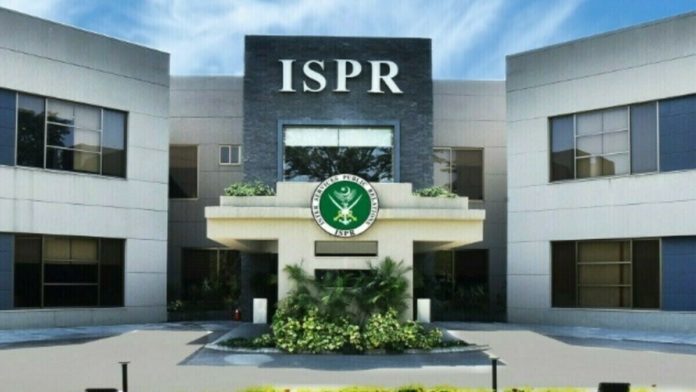Pakistan’s anti-terror messaging hinders investment and tourism efforts.
With no care for caution and consequences, Pakistani officials have been involved in a self-defeating exercise for over a decade now. Ironic and tragic both. On the one hand, the ISPR keeps churning out alarming statistics on the omnipresence of terrorists across the country. This way the government itself keeps reinforcing the perception – regardless of right or wrong – that Pakistan is infested with terror and crime. And on the other hand, they tout Pakistan as the ideal destination for tourism and investment.
Early this month, Munir Akram, Pakistan’s permanent representative at the United Nations, spoke of TTP as a global threat – something that the world once associated with Afghanistan because of the presence of Al-Qaeda and its affiliates in that country.
Now we ourselves are drumming up the threats that a Pakistani terrorist outfit, TTP, poses to the world and Pakistan itself. This alarming statement is accompanied by an assertion that it is working hard to live and prosper as a normal state. Is that so while we tell the world the country is swarming with terrorists?
Let us see what three factors kill the objective of projecting Pakistan as a normal country worth fearless investment.
Consider this claim by the ISPR chief (August 5): “Security forces and law enforcement agencies (LEAs) conducted 23,622 small and large-scale intelligence-based operations in the country and out of the total, 2,045 operations were carried out over the last 15 days.”
Over 2,000 IBOs in 15 days is a whopping number, whereas the monthly average of such operations in first seven months came to roughly 3,374 every month – averaging at least 112 a day.
The ISPR chief did not stop here. He went into an aggressive tirade against young angry Baloch and dubbed people like Dr Mahrang Baloch as proxies. Little mindful of the consequences of his disparaging remarks, he laid into disgruntled Baloch protesters: “The Baloch Yakjehti Committee and its so-called leadership a proxy of terrorist organizations and criminal mafias and nothing more than that.” These proxies, he implied, have been tasked to defame and spread propaganda against law enforcement agencies taking action against smugglers, criminals and the illegal spectrum.
Any idea how much fear these claims evoke? But this charade of self-inflicting injury doesn’t stop here.
Ambassador Munir Akram told the Security Council (September 22) that the “TTP is an ‘umbrella organization’ for militant actors, with the potential to destabilize the region and that the TTP operates with ‘full support of the Afghan interim government’. The TTP – by joining forces with the multinational terror franchise – could become a ‘spearhead’ for regional and global terrorist goals.”
Almost the same day, a police van escorting envoys and dignitaries from 12 countries came under attack and left a policeman dead in Swat, during a trip organized by the Islamabad Chamber of Commerce and Industries.
Fortunately, all foreigners remained safe but the news out of Pakistan that circulated around the globe was that terrorists targeted a convoy of foreign ambassadors based in Islamabad.
Taken together, these facts make a dismal picture of Pakistan’s communication strategy. Prime Minister Shehbaz Sharif did the same during his Beijing visit in June while expressing solidarity with the families of the nine Chinese killed in a terrorist attack. It left most Chinese present there in shock and awe.
The authorities need to tone down and minimize their communication on anti-terror operations if they really want to convey to the world that Pakistan is a safe place and good for investment. Why should investors abandon Vietnam, Thailand, the Philippines and other countries in the region for parking their money instead of a country where authorities tirelessly speak of “intelligence-based operations and the hot pursuit of global terrorists”?
Secondly, before eliciting global support for counter-terror campaigns, the authorities must ensure that no private militias – TTP, TLP, Lashkars, Jaishs – enjoy any safe haven anywhere. Nor must they serve as the scarecrows and instruments of blackmail in the security and judicial matrix.
As long as criminals go unpunished for killing innocent people under the blasphemy allegations, no one abroad will buy into Pakistan’s alarm over the threats that the TTP represents to Pakistan and the world at large.
Until the state institutions go after all militant and religio-political groups that take the law into their own hands when it comes to issues such as blasphemy, and unless the security institutions make sure to deny the TTP and allied groups safe spaces or free cross-border movement, our demands for international support is not likely to draw any empathetic consideration.
The promotion of investment and tourism don’t go hand in hand with lofty rhetoric on how many terrorists have been killed in intelligence-based operations. These claims and numbers are more than enough to keep foreigners at bay. Do the authorities really get this?




